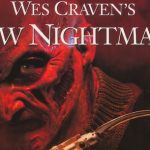Trainspotting (1996)
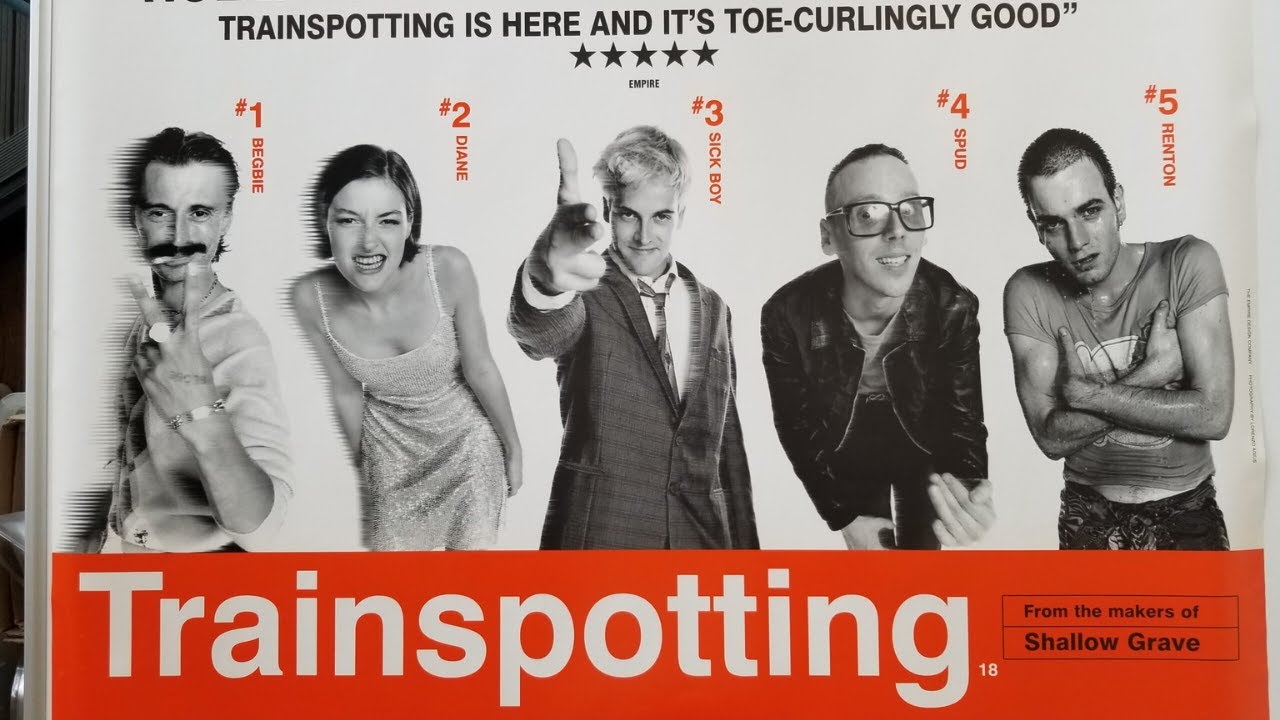
Trainspotting (1996), directed by Danny Boyle, is a groundbreaking British dark comedy-drama that delves into the chaotic and often grim world of heroin addiction. Adapted from the novel by Irvine Welsh, the film features a talented ensemble cast, including Ewan McGregor, Ewen Bremner, Jonny Lee Miller, Kevin McKidd, Robert Carlyle, and Kelly Macdonald in her feature film debut. With its striking visual style, sharp dialogue, and bold approach to sensitive subjects, Trainspotting became an instant cultural phenomenon and remains one of the most iconic films of the 1990s.
The film follows Mark Renton (Ewan McGregor), a young man in Edinburgh who is deeply entrenched in the heroin scene. Renton is part of a tight-knit group of friends, each struggling with addiction in their own way. The group includes the reckless and violent Begbie (Robert Carlyle), the naïve and often hapless Spud (Ewen Bremner), and the cynical but manipulative Sick Boy (Jonny Lee Miller). The film charts their lives as they navigate the highs and lows of addiction, with Renton attempting to break free from the cycle and escape the destructive grip of heroin. However, the lure of addiction and the temptations of his environment continuously pull him back into the chaos.
What sets Trainspotting apart from other films about addiction is its unapologetic, often surreal approach to the subject matter. Danny Boyle’s direction infuses the film with a unique energy and style, making even the darkest moments feel vibrant and kinetic. The film’s rapid pacing, combined with innovative techniques such as dreamlike sequences and stylized visuals, gives it a sense of urgency and a raw emotional power. The iconic scene of Renton sinking into the floor of a filthy toilet as he attempts to escape his own reality encapsulates the film’s visceral, often grotesque portrayal of addiction. Boyle’s direction captures both the physical and psychological toll that addiction takes on individuals, but it also highlights the camaraderie and fleeting moments of joy that can exist in such a bleak existence.
The performances in Trainspotting are a major factor in the film’s lasting impact. Ewan McGregor’s portrayal of Renton is one of his most memorable roles, capturing the internal conflict and complexity of a young man who wants to escape his self-destructive lifestyle but finds himself repeatedly pulled back in. His performance is both charismatic and deeply vulnerable, making Renton a character that audiences can both sympathize with and judge. Robert Carlyle’s performance as Begbie, the violent and unpredictable member of the group, brings a sense of danger and intensity to the film. Meanwhile, Ewen Bremner and Jonny Lee Miller provide standout supporting performances, with Bremner’s portrayal of the lovable but tragic Spud adding emotional depth to the film, while Miller’s Sick Boy adds a level of cold, calculated detachment.
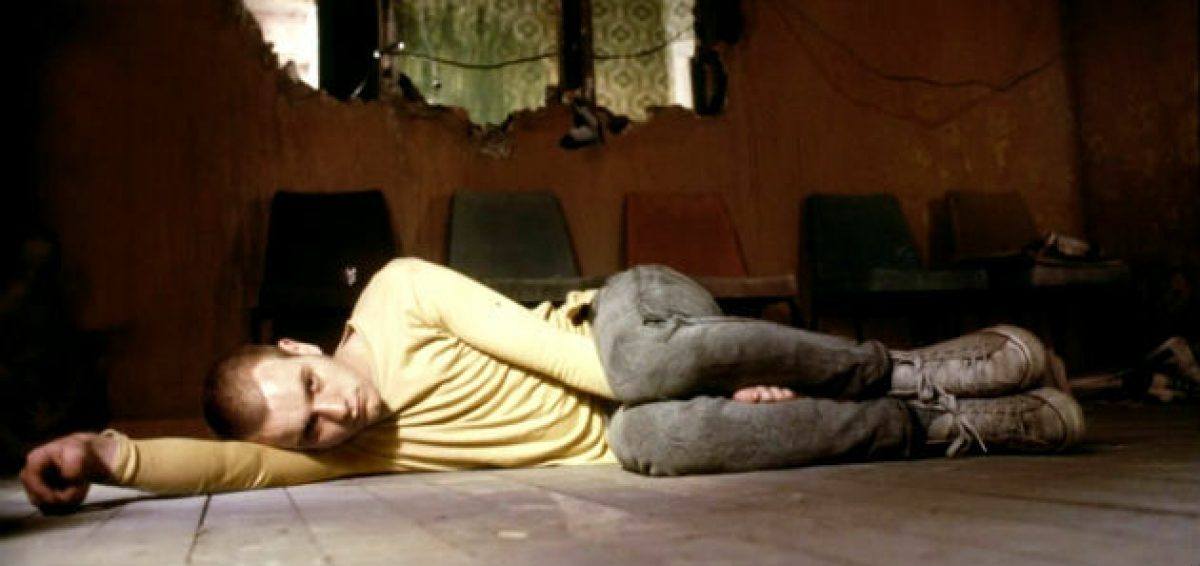
The film’s script, written by John Hodge, is sharp, witty, and full of memorable lines. The dialogue is fast-paced and often darkly comedic, allowing the characters to shine despite their morally questionable behavior. Hodge captures the nihilistic attitude of the young addicts, who are more interested in living in the moment than contemplating their futures. Yet, there is a sense of resignation and self-awareness in the characters’ conversations, as they seem to understand the futility of their situation but are still unable to escape it. This mix of humor and tragedy creates a film that is both unsettling and, at times, oddly uplifting, as the characters find moments of connection and redemption amid their struggles.
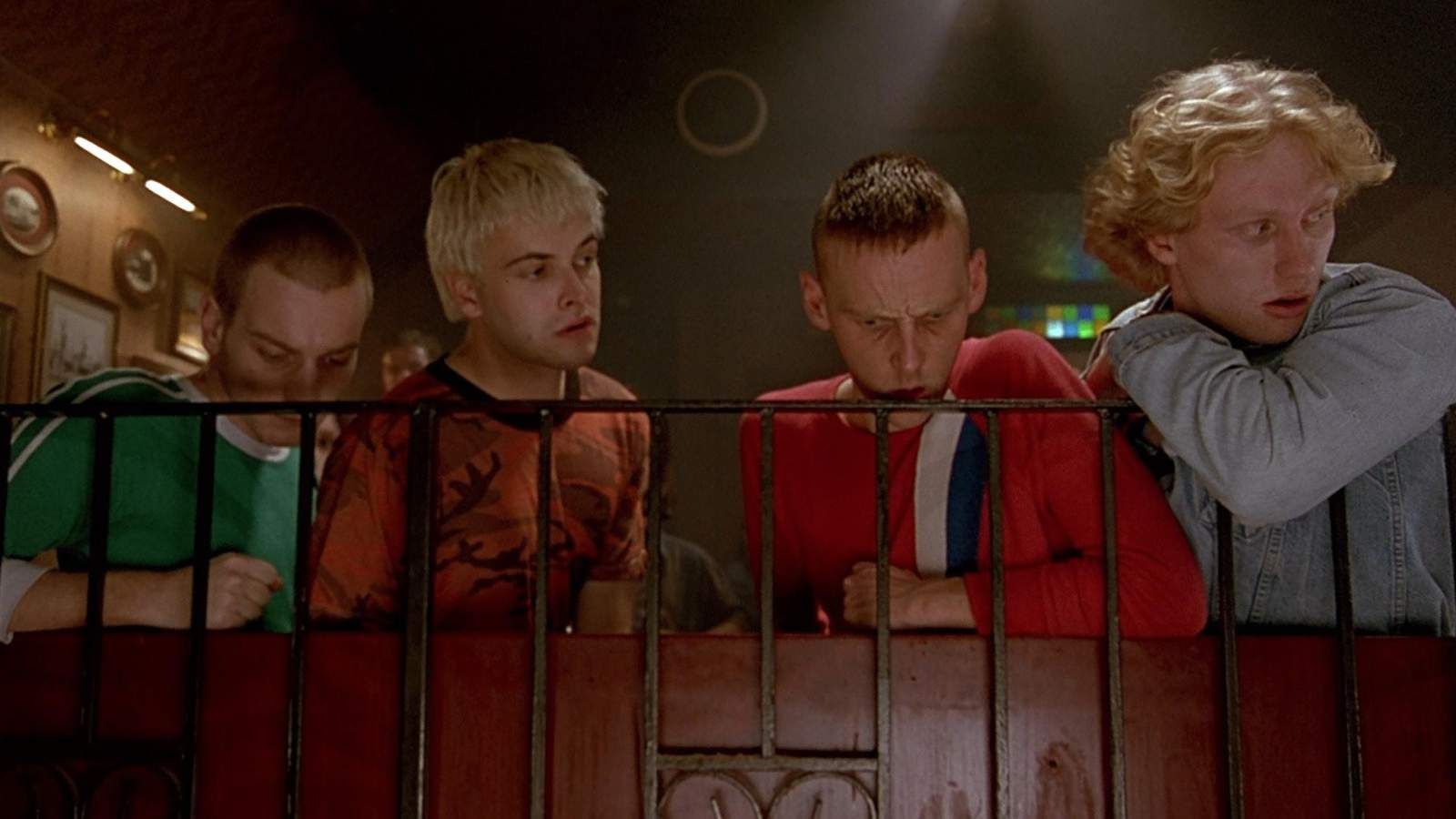
Trainspotting also explores the theme of escape—both physical and psychological. Renton’s desire to leave the world of addiction and create a new life for himself is at the core of the film. However, the film makes it clear that escape is not easy and that breaking free from addiction is a complex, often painful process. The film’s conclusion is ambiguous, leaving Renton’s fate up in the air, but it also suggests that redemption is possible for those who are willing to confront their demons. It’s a film about choices, consequences, and the tension between the desire for freedom and the grip of destructive habits.
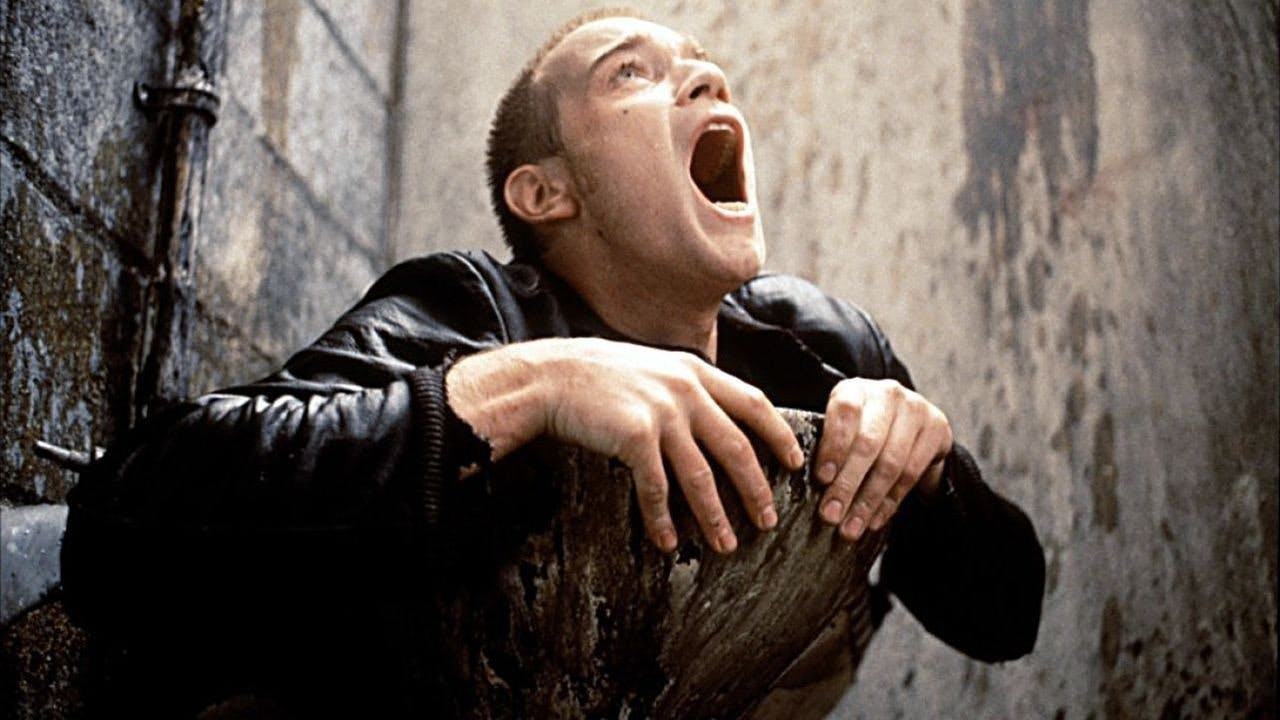
In conclusion, Trainspotting (1996) is a landmark film that combines a raw, unflinching exploration of addiction with dark humor, unforgettable performances, and a visually arresting style. Danny Boyle’s direction, paired with a brilliant script by John Hodge, creates a film that is both shocking and poignant, capturing the chaotic energy of youth and the brutal reality of addiction. The film’s lasting cultural impact is a testament to its power, and Trainspotting continues to be a defining work in British cinema. Its exploration of friendship, addiction, and the search for meaning in a harsh world remains as relevant today as it was when the film first premiered.



